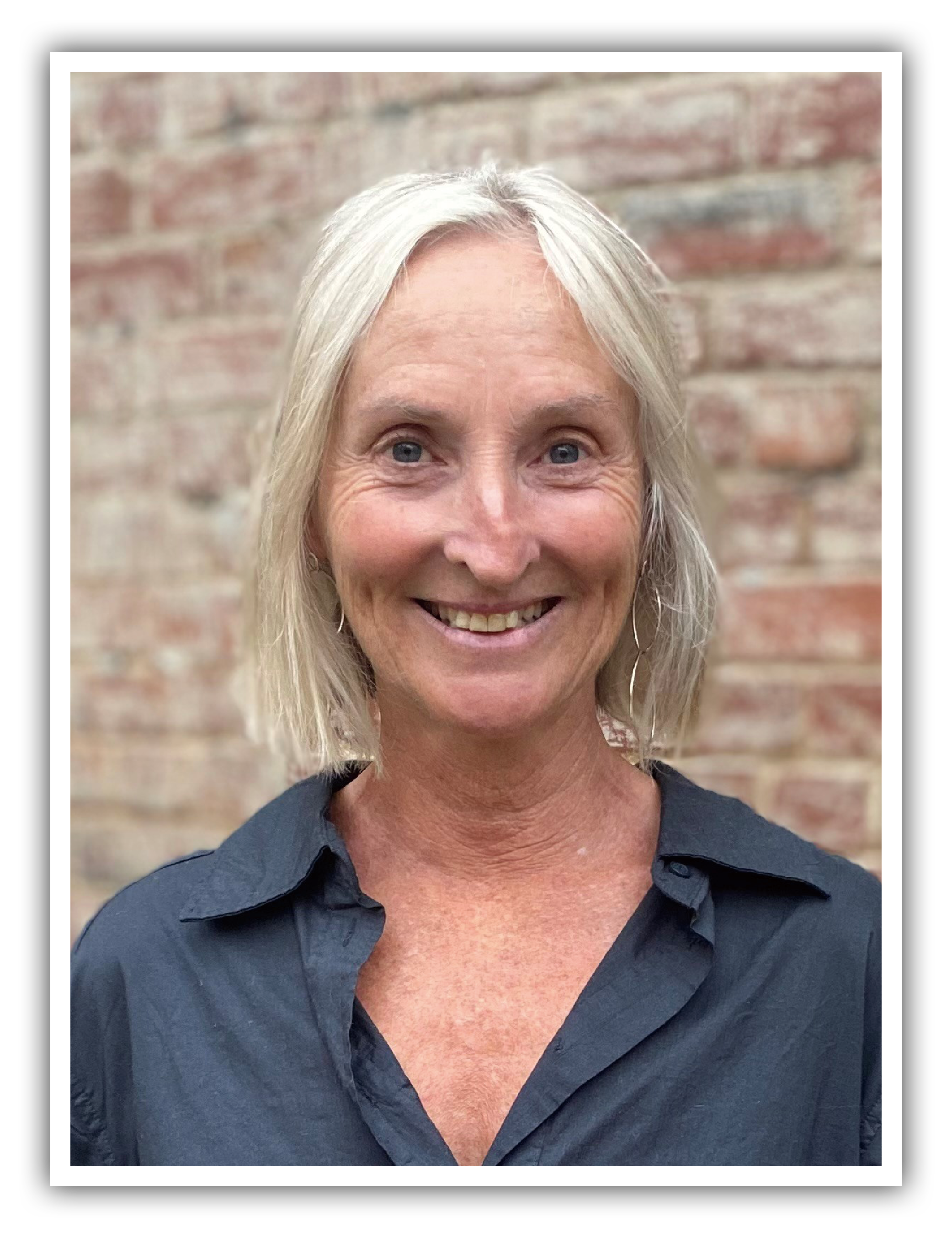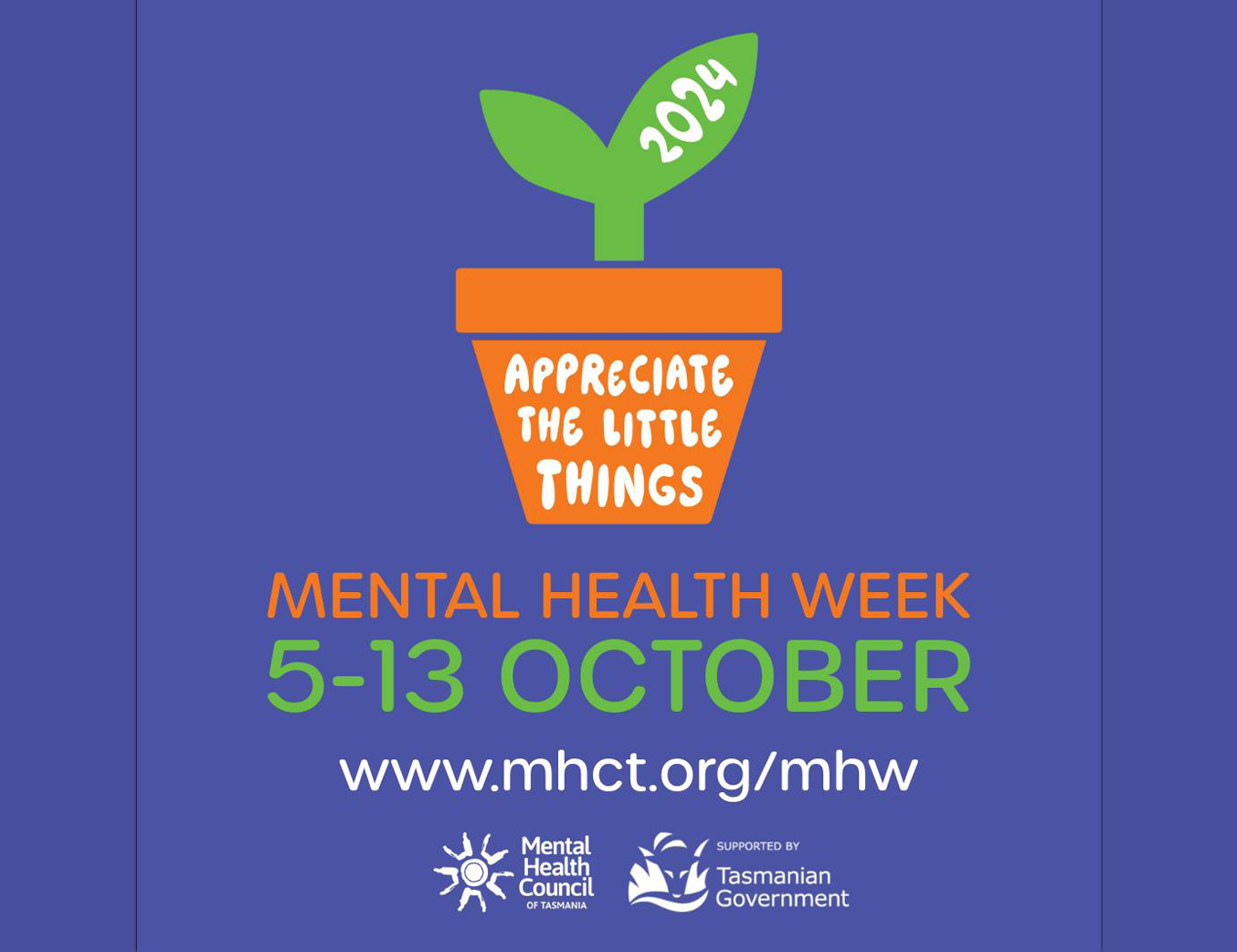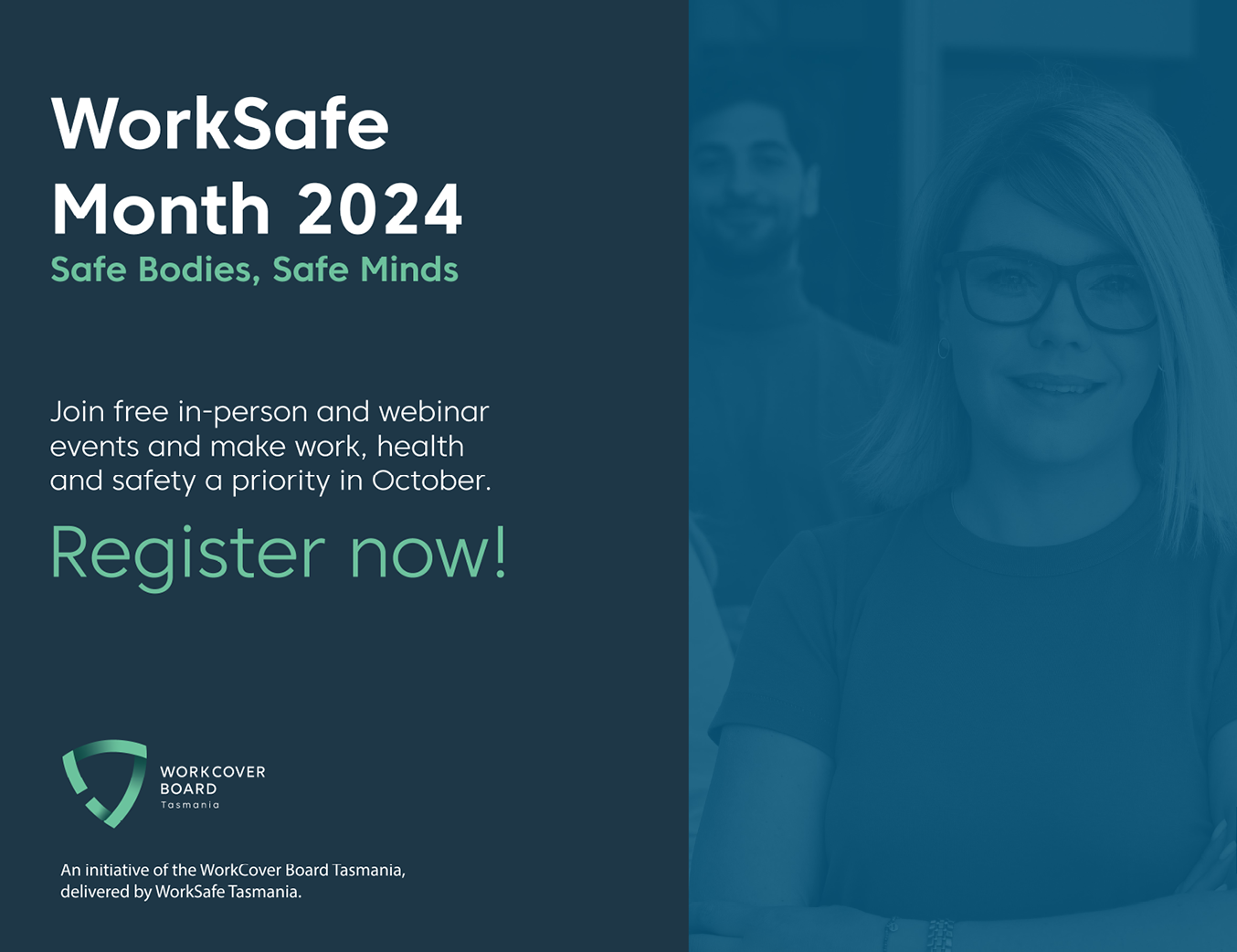Wellbeing, People and Culture News

EMPLOYEE ENGAGEMENT AND WELLBEING SURVEY
A brief update on where we are at with our Lady Gowrie Tasmania (LGT) Employee Engagement and Wellbeing Survey:
The Senior Leadership Team (SLT) has considered the overview relating to the entire organisation survey outcomes and the Board have been provided with an overview. We also provided feedback to General Managers and employees at staff meetings.
We have collated all the feedback provided from those who participated and with close to 500 comments, there was a huge amount of helpful feedback provided. There is an LGT Employee Engagement and Wellbeing Survey Action Plan that is very close to being finalised and will be presented to SLT prior to being shared with all LGT employees.
We would once again like to thank everyone who participated in the survey, for sharing your thoughts and feelings and for continuing to work with us on making LGT a great place to work.
CREATING A SUPPORTIVE WORK ENVIRONMENT
There are many ways to show you care about your work colleagues and to let them know that they are important and that you are interested in them and their lives. We do this every day in many ways.
It is likely that the most common way is the one we all do every day, with little consideration and automatically by asking: How are you? How was your evening? How was your weekend? How are you going? This is a normal, natural healthy interaction that we can all engage in with ease (mostly).
However, we can find it a bit more challenging and uncomfortable when we notice a colleague doesn’t seem to be their ‘normal’ self and the ‘usual’ approaches you would take to engage with them don’t seem to be working.
Beyond Blue – Be You is a fabulous National Mental Health and Wellbeing Resource tailored for the Education sector, including the Early Childhood Education and Care sector. They suggest that having a conversation with a colleague when they don’t appear their ‘normal’ self is a perfect way of showing you care.
They suggest having a Stop, Reflect, Act Conversation as a great way of showing you care and of demonstrating a willingness to provide support.
Stop: Make time to ask the person how they are going and pause and listen
Reflect: If there are concerns consider timing, space, policies, and professional boundaries before acting
Act: There are many ways to act, including – acknowledging feelings and experiences, offering practical support, encouraging self-care, promoting help seeking, following up and following through.
Life presents us all with bumps along the way and should we be experiencing one of those bumps how we cope can be influenced by our environments and the people in them. Having a workplace where you feel supported and where people show they care can make a tremendous difference to how we cope and how we recover.
Not being judged or made to feel ‘bad’ for what is happening for you and knowing your colleagues care about you, feeling supported and having a compassionate workplace can make a tremendous difference at a time when its likely to be needed the most.
Creating supportive workplaces where people know and feel supported is well known to be extremely valuable in maintaining positive mental health, recovery from a period of poor mental health and to our overall health and wellbeing.
We don’t need to have the answers, to be fixing or providing solutions for colleagues, yet by adopting the Stop, Reflect and Act Conversation approach and through building a caring, compassionate and empathetic working environment we can all make a huge difference at a time when a colleague might need it the most.
When supporting others please remember the importance of looking after yourself. You and your own self-care matter.
Beyond Blue – Be You Education is a National Program that provides Educators with knowledge, tools, and resources to enable people to achieve their best possible mental health. For more information on and to access the wonderful tools and resources from the Beyond Blue Be You Program please visit: www.beyou.edu.au.

MENTAL HEALTH WEEK
Talking about our mental health can feel uncomfortable yet just like we all have physical health we all have mental health too.
The way we talk about mental health, including in our workplaces matters. Often when we are experiencing struggles with our mental health our family, friends and work colleagues are the first to notice and/or who we reach out to.
Safe, respectful and healthy conversations about mental health increase the likelihood that we will seek support when we need to. It aides in decreasing stigma and encourages and empowers us to talk about our own mental health, it reminds us that we are not alone and most importantly, that healing is possible.
Mental Health Week is a National mental health promotion which is held in October each year to coincide with World Mental Health Day on the 10th of October. The Mental Health Council of Tasmania is the peak body representing the mental health and wellbeing needs of all Tasmanians and the community organisations that work and support them.
The Mental Health Council states the purpose of Mental Health Week is to engage communities to promote mental health and wellbeing, increase understanding of and reduce stigma about mental illness and its impact on people in our communities.
There is always a theme attached to the week and this year the theme is – ‘Appreciate the little things’.
These are the things that are not likely to be earth shattering, make the news headlines or change our world greatly. These are the things that are likely to occur as part of our everyday life that we may have even forgotten to notice. For example, sharing a smile and a ‘good morning’ with a stranger, having a belly laugh with a good friend, that slice of cake your work colleague shared with you, when your child gives you an extra tight hug at school drop off.
The aim is to be intentional and to notice and appreciate the little things that bring us joy.
We are excited to be participating this year and were successful with an application to the Mental Health Council for a grant to run activities throughout our Education and Care Services/Sites. We will also be participating within our corporate spaces both at the IC and Glenora. There will be a series of activities and opportunities for people to engage in.
I look forward to sharing LGT’s Mental Health Week activities over the coming days and weeks. To explore both the Mental Health Council website and Mental Health Week resources please visit: www.mhct.org.

NATIONAL WORKSAFE MONTH
Work Safe Tasmania’s 2024 National Worksafe Month theme is: Safe Bodies, Safe Minds.
Let’s take a moment to consider the role of an Educator and good practices relating to back care.
Take a moment to think about how many times you bend and stretch throughout your day, reaching up and down, over and under, to the left and to the right. Many educators consider back injuries as part and parcel of the workplace, but instead, they are avoidable.
Remedial therapists warn that the biggest danger is picking up children and putting them on your hip, causing the spine to curve. Consider where you are in space – get down and sit on the floor or position yourself so that you are down at the child’s level with the child as an alternative to picking them up.
Make your job easier and safer each day by warming up and stretching.
STEP ONE: THE WARM UP
Why warm up? A warm up (prior to stretching) prepares the body both physically and psychologically for activity and is seen as an essential and successful preventative activity. A warm up does this in a number of ways:
- Raises the temperature in muscles and increases circulation around joints;
- Increases oxygen delivery to the muscles so that they are available for activity; and
- Encourages faster and stronger muscle contraction.
It is important to remember that the movement of the major muscle groups is the key to successfully warming up.
STEP TWO: THE STRETCH
Why stretch now? After warming up for about five minutes, be sure to slowly stretch. Stretching creates flexibility and lowers the risk of injury. Never stretch cold muscles or you risk tearing them, warm up first. Try some:
- Head half circles, first one way and then the other, to the front and to the back;
- Arm circles; and
- Calf and quadriceps stretches.
Hold each stretch for at least fifteen seconds and do not bounce up and down while stretching. Breathe normally during all stretching.
Back pain and injuries are common but preventable. By taking a few precautions, maintaining your health, and being aware of the risks and actions you can take in an early learning environment, you can work to prevent back injuries in the workplace.
WELLBEING SUPPORT REMINDERS
Don’t forget support is available via the Lady Gowrie Tasmania Employee Assistance Program provided by Relationships Australia by calling 1300 364 277 to make an appointment. Further information about mental health support can be found at:
Beyond Blue: 1300 22 4636 or visit www.beyondblue.org.au
Lifeline: www.lifeline.org.au
For 24-hour crisis support and suicide prevention call 131114
1800 RESPECT: 1800 737 732 or visit www.1800respect.org.au
Should you or someone you know wish to seek mental health support a great place to start is by talking with your GP.
Cindy Woolley
Manager Employee Wellbeing



